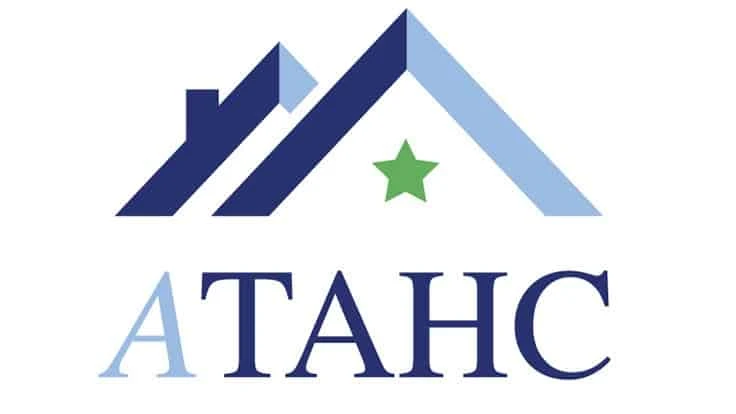
AMBLER, Pa. — Allergy Technologies says it has created a program that significantly reduces hard-to-eradicate bed bugs among the country’s most at-risk residents with benefits for a broad range of stakeholders.
Allergy Technologies’ Affordable Housing Control and Prevention Program for bed bugs (ATAHC, pronounced “attack”) is a two-year program launched in a major urban affordable housing community in Philadelphia to address its bed bug problem.
Highlights of the ATAHC study results after one year include:
- Greater than 97 percent of residential units had no bed bug reintroductions.
- Facility managers realized a bed bug-related expense reduction of more than 35 percent in year one, with greater savings expected in year two.
- Facility residents and staff experienced a 40 percent reduction in contact time with pest management professionals.
Before implementing the ATAHC Program, the 470-unit affordable housing facility used for the study reported more than 80 bed bug incidents annually, Allergy Technologies says.
ATAHC is an affordable and sustainable model of control and prevention of bed bugs designed for affordable housing by Allergy Technologies, the company says. According to Gus Carey, founder and managing director for Allergy Technologies, “The residents of affordable housing are now primed to have their lives changed due to our groundbreaking ATAHC program.”
Allergy Technologies says ATAHC is distinguished from other approaches by incorporating an initial facility-wide screening and subsequent treatment of infested residential units, immediately lowering the bed bug population. The installation of long-acting, preventive measures property-wide ensures that the bed bug population stays under control, the company adds.
“Early detection and intervention are core tenets of the ATAHC program,” says Joseph Latino, president of Allergy Technologies, “but a key component of the program’s success comes from having our ATAHC team work collaboratively with residents, property management and professional pest control providers.”
According to the company, the building manager has experienced significant improvement in operating efficiencies driven by the reduction in day-to-day disruption from tenant complaints and frequent service technician visits.
“Current treatment strategies are not working,” Latino says. “Bed bug infestations continue to rise across the country, especially in community housing environments. We find this unacceptable, especially for residents, whose ‘quality of life’ is being severely impacted. We had the means to address this and developed the ATAHC program, which has exceeded even our expectations.”
“Philadelphia being one of the country’s most bed bug-infested cities did not sit well with us,” says Gus Carey, whose company is based just outside of the city. Carey donated more than $100,000 worth of ActiveGuard mattress liners to the Philadelphia Housing Authority building complex.
“We are touched by the positive responses from residents and staff at the Philadelphia facility and so appreciate the support and encouragement of Philadelphia City Councilmember Mark Squilla and assistance of Entomologist Dr. Jim Ballard,” Carey says. “Together, we have been able to provide a solution to a huge unmet need in an environment that desperately needs effective bed bug prevention. Our expectation is this novel strategic program, which has saved money while significantly improving quality of life for the residents and staff, will be replicated in affordable housing communities and other multi-occupant dwelling environs throughout the U.S.”
In a press release, Latino noted the support of several companies that helped make the program a success. Corbett Exterminating, a pest control company with experience in affordable housing, implemented the program with Allergy Technologies. Key K9, Rockwell Labs, Bayer Environmental Science, Target Specialty Products and MGK made product donations and time to support the effort, Allergy Technologies reported.
Latest from Pest Control Technology
- Donny Oswalt Shares What Makes Termites a 'Tricky' Pest
- Study Finds Fecal Tests Can Reveal Active Termite Infestations
- Peachtree Pest Control Partners with Local Nonprofits to Fight Food Insecurity
- Allergy Technologies, PHA Expand ATAHC Complete Program to Protect 8,500 Homes
- Housecall Pro Hosts '25 Winter Summit Featuring Mike Rowe
- Advanced Education
- Spotted Lanternflies, BMSBs Most Problematic Invasive Pests, Poll Finds
- Ecolab Acquires Guardian Pest Solutions





